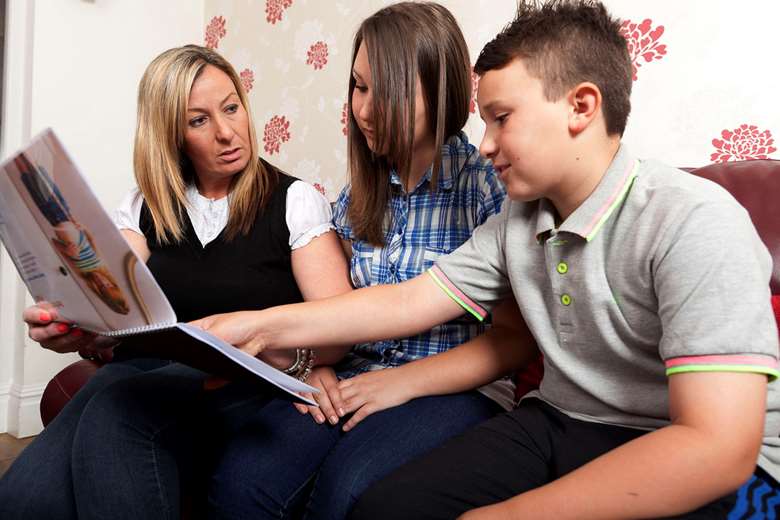Body image packs unmask reality of airbrushed images for parents and children
Neil Puffett
Friday, June 22, 2012
The government has published a new guide to help parents educate their children about how the media alters images of celebrities and models.

The body image parent pack, developed by Media Smart for 6-to 11-year-olds, forms part of the government’s Body Confidence campaign, which aims to reduce the effect that popular culture can have on young people's wellbeing and self-esteem.
The packs, available for download from the organisation’s website, include 'before and after' pictures of famous actors and pop stars, showing how airbrushing is used in the media.
The pack is designed to encourage children to think about how and why images may have been altered, and the effect that such alterations can have on their own body image.
Equalities Minister Lynne Featherstone said young people are currently set an “impossible standard” by images in media and advertising.
“As parents, we are often aware of these issues, but may not have the advice and guidance we need to talk to our children,” she said.
“I want the pack to empower parents to have those difficult conversations and open the door to discussion.”
Concerns about the impact of the media on the self-esteem of children have grown in recent years.
Girlguiding UK has previously called for compulsory labelling to distinguish between airbrushed and natural images in order to “shape a generation of self-confident girls and young women”.
Media Smart’s parent pack follows the launch last year of a teaching pack for primary schools.
Media Smart chairman Paul Jackson said there has been an “overwhelming” response to the teacher pack in terms of the volume of responses and enthusiasm for it.
“We have found that children respond really well when they realise that most of the images they see have been altered in some way and are aspirational but not realistic,” he said.
“Extending our schools’ resources to include educational tools for parents will be an important step in helping as many children as possible think critically about the images they see around them every day.”




